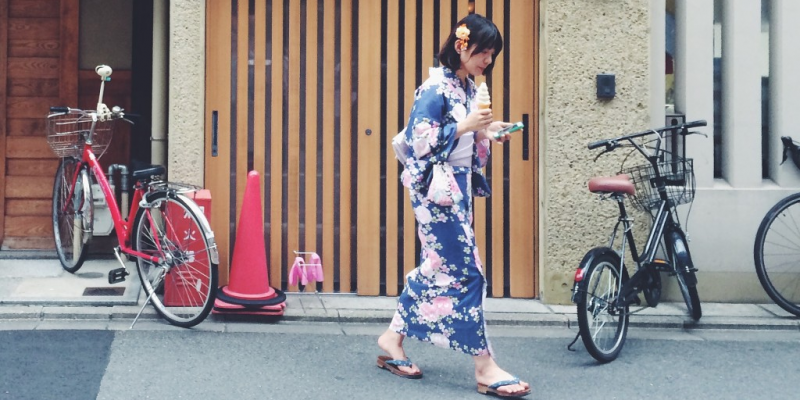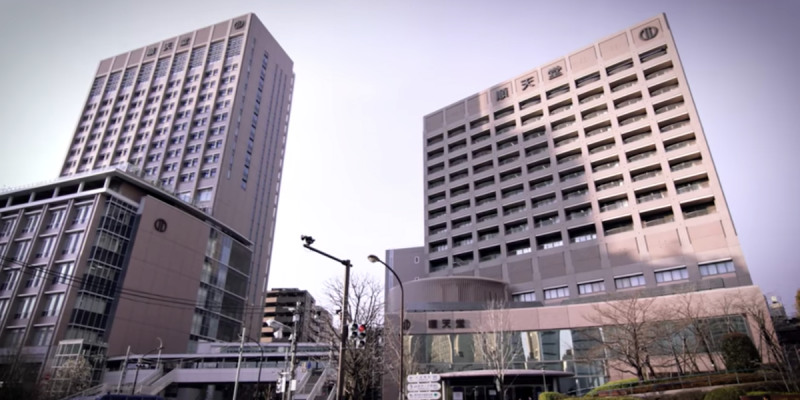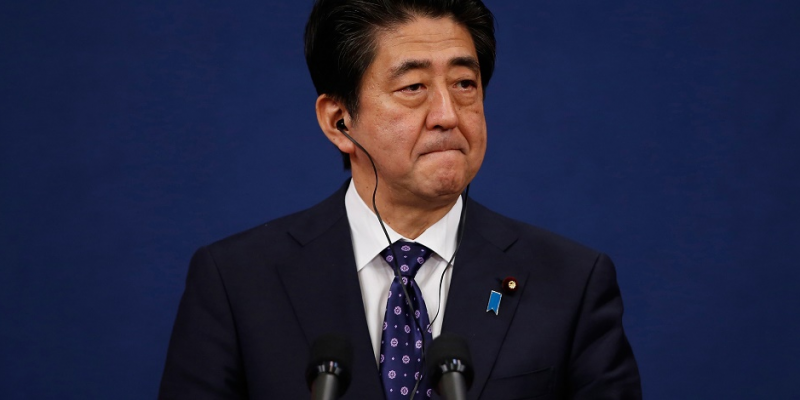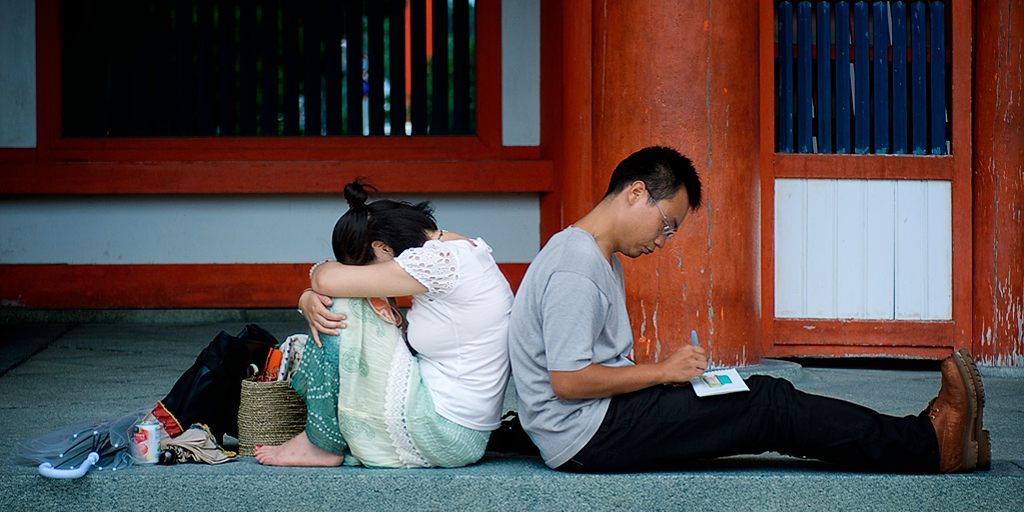- Japan’s Juntendo University admitted to setting lower pass marks for men in their entrance exams.
- Officials said it was because female applicants tended to perform better in the interview part of the assessment since “women mature faster mentally than men.”
- They also claimed it was because they didn’t have enough space in their female dormitories.
- Japan already has the lowest proportion of female-to-male doctors among OECD countries.
A Japanese medical school admitted rigging its entrance requirements in favor of men because “women mentally mature faster.”
The private Juntendo University in Tokyo told a Monday press conference that it set lower pass marks for men in its entrance exams, which included an interview, the country’s Asahi Shimbun newspaper reported.
Women make up 21% of all Japan’s doctors, Japan’s Ministry of Health, Labour and Welfare said in 2016. That is the lowest proportion of female-to-male doctors among all 36 countries in the the Organisation for Economic Co-operation and Development, the non-profit Nippon Communication Foundation said.
Read more: Japan’s demographic time bomb is getting more dire, and it’s a bad omen for the country

Juntendo University representatives said this was because female candidates tended to perform better in interviews, so the rigging was a "measure to help" their male counterparts.
Hiroyuki Daida, dean of Juntendo's medical school, said according to Asahi: "Women mature faster mentally than men and their communication ability is also higher."
"In some ways, this was a measure to help male applicants," he said.
Juntendo officials also claimed that because there was limited space in the female dormitories, the school needed to limit the number of female students. The precise number of male and female dorms at the medical school is not clear.

Because of this policy, the university erroneously failed 165 people who sat its entrance exams in 2017 and 2018. This affected both men and women, but mostly women.
Officials on Monday said that it would accept 48 people from that batch - of which 47 were women - from 2019 onwards, and refund the entrance test fees for the remaining 117, the Japan Times reported.
Juntendo University President Hajime Arai said: "At that time, we judged that the measure was reasonable at our university's discretion."
"We won't do it from now on after being pointed out that our measure was inappropriate," he added.

Officials from Kitasato University, another medical school in Tokyo, also admitted to rigging entrance exam scores for men on Monday.
They did not provide a reason, but admitted to prioritizing male applicants on its website, according to Asahi. They said they would set up a third-party committee to figure out next steps.
On Friday, Japan's education ministry also accused Juntendo and Kitasato, as well as eight other medical schools, of operating "inappropriate entrance exams," Asahi reported.
This included allowing for a lower pass score for men, and discriminating against people based on their age and home address, Asahi said.

In August, investigators found that Tokyo Medical University, one of Japan's top medical schools, systematically altered admissions test scores to make sure women wouldn't get in.
The university marked down female applicants' scores to keep their numbers below 30% of the student body, the report found.
An unnamed source told the Yomiuri Shimbun newspaper that the school invented the quota because it believed that women would ultimately use their training less because they would leave to become full-time mothers.

